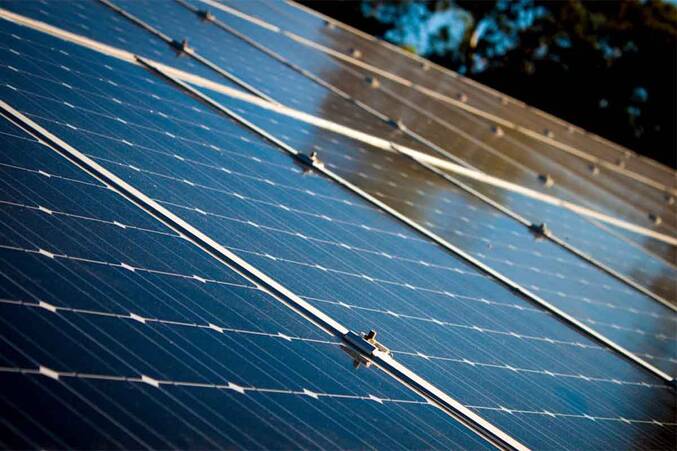Photograph: Onal Kothari
Architect Onal Kothari lists the things to keep in mind before you purchase a residential solar panel system.
- Consider available sunlight: The first step you should consider is to access your home inside-out to understand the light requirements in every space, average time spent on particular area and window position. This process will make your decision profitable and easier. Don’t forget to calculate the average climatic considerations of your site and how much peak sunlight you expect in your region.
- Access your energy consumption: Calculate your monthly and annual energy consumption. There is a huge difference in amount of energy consumed by a nuclear family of four and an independent working person or a traveller over working single. Understand your energy requirement. This can be easily found in your monthly electricity bills.
- System size: Freeze the system size requirements. The above considerations will help you with the decision making of system size, gradually lowering down the capital needed to purchase one.
- Off-grid solar power systems or on -grid systems: Off grid solar systems are the solar electricity system with battery backup while on grid solar systems are connected to the main power supply of homes. Off grids are generally preferred when a minimal amount of power is required, while on grid systems has the ability to balance the system energy production and home power requirement.
- Number of solar panel to purchase: An average home uses 14,000 watt hours per day whereas modern PV cells generate around 70 miliwatts per square inch, which means if you 4 hours of sunlight, you will be using an average of 280 miliwatt hours per day. Check with your dealer to see how much your expected panel is covering. Also check if it meets the needs of your power consumption.
- Equipments: Residential solar energy systems are not limited to a series of glass panels. But the direction of setup, number of panels used and capacity of battery cell unit, electric inverter units and modern inventions that contain its own built-in micro inverters are attached to each individual cell. As all these components are replaceable, panels should be customized as per requirements.
- Cost and investment returns: Cost is the major issue why solar systems are not common in regular houses. Solar system is one large investment that returns as much as 90% of reduced annual power bill annually. Those who have low power consumption can earn from extra electricity being generated by their solar system.


















